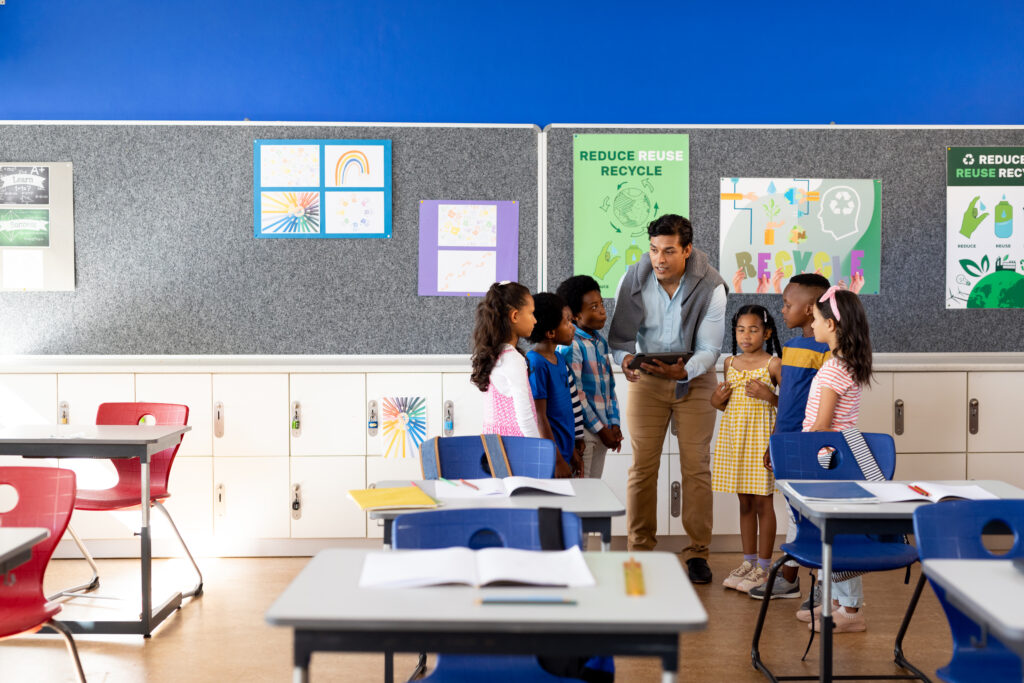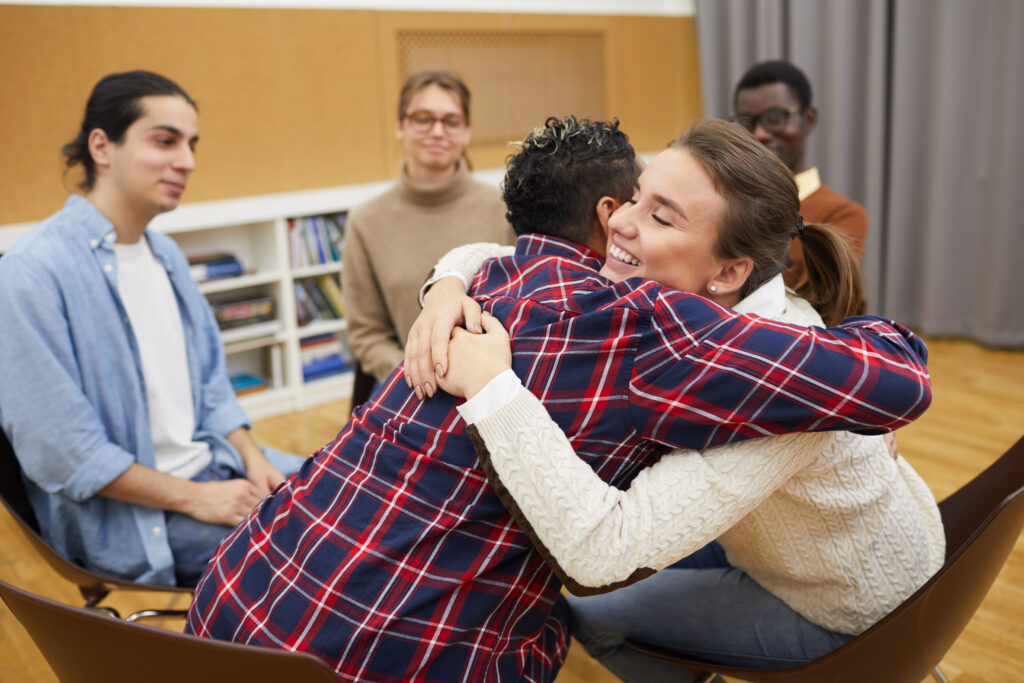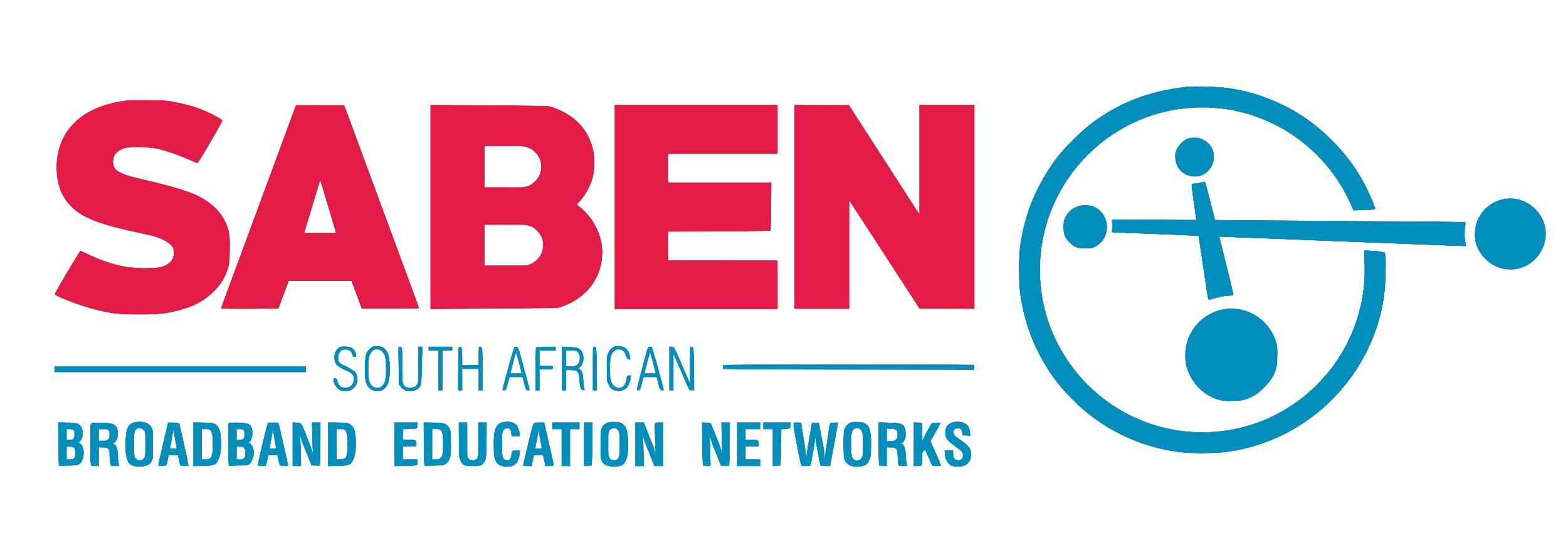Beyond the Classroom Walls: The Impact of Experiential Learning
May 8, 2024
Beyond the Classroom Walls:

In the realm of education, experiential learning stands out as a transformative approach that transcends the boundaries of traditional classroom instruction. By providing hands-on, real-world experiences, experiential learning empowers students to apply theoretical knowledge in practical settings, develop critical skills, and cultivate a deeper understanding of complex concepts. In this blog, we delve into the profound impact of experiential learning and explore how it extends beyond the confines of the classroom walls.
Bridging Theory and Practice
Experiential learning bridges the gap between theory and practice by immersing students in authentic, real-world scenarios where they can apply theoretical concepts in practical contexts. Whether through internships, field trips, simulations, or project-based learning, experiential learning enables students to see the relevance and application of their academic studies in the world around them. By connecting classroom learning to real-life experiences, experiential learning fosters deeper understanding, engagement, and retention of knowledge.
Fostering Critical Thinking and Problem-Solving Skills
Experiential learning fosters critical thinking and problem-solving skills by presenting students with authentic challenges and opportunities for inquiry and discovery. Through hands-on activities, experimentation, and reflection, students learn to analyze problems, generate creative solutions, and adapt to changing circumstances. Experiential learning encourages students to think critically, evaluate evidence, and make informed decisions, preparing them to tackle real-world problems with confidence and resilience.
Cultivating Collaboration and Communication Skills
Experiential learning cultivates collaboration and communication skills by encouraging students to work together towards common goals and articulate their ideas effectively. Whether collaborating on group projects, participating in team-based simulations, or engaging in community service activities, students learn to communicate clearly, listen actively, and collaborate with diverse peers. Experiential learning promotes teamwork, leadership, and interpersonal skills, essential for success in the workplace and beyond.
Nurturing Empathy and Cultural Competence

Experiential learning nurtures empathy and cultural competence by exposing students to diverse perspectives, cultures, and experiences. Through immersive experiences such as service-learning projects, cultural exchanges, and study abroad programs, students gain a deeper understanding of global issues, social justice, and cultural diversity. Experiential learning fosters empathy, tolerance, and respect for others, preparing students to navigate diverse and interconnected global challenges with empathy and understanding.
Inspiring Lifelong Learning and Personal Growth
Experiential learning inspires lifelong learning and personal growth by fostering curiosity, resilience, and a growth mindset. By engaging in hands-on experiences that challenge their assumptions, expand their horizons, and push them outside their comfort zones, students develop a thirst for knowledge and a passion for continuous self-improvement. Experiential learning encourages students to embrace new opportunities, explore their interests, and pursue their aspirations with enthusiasm and determination.
Conclusion
Experiential learning transcends the confines of the classroom walls, empowering students to learn, grow, and thrive in a rapidly changing world. By bridging theory and practice, fostering critical thinking and problem-solving skills, cultivating collaboration and communication skills, nurturing empathy and cultural competence, and inspiring lifelong learning and personal growth, experiential learning prepares students to become engaged citizens, innovative leaders, and lifelong learners. Together, let us embrace the transformative power of experiential learning to empower students to reach their full potential and make a positive impact on the world around them, far beyond the classroom walls.
